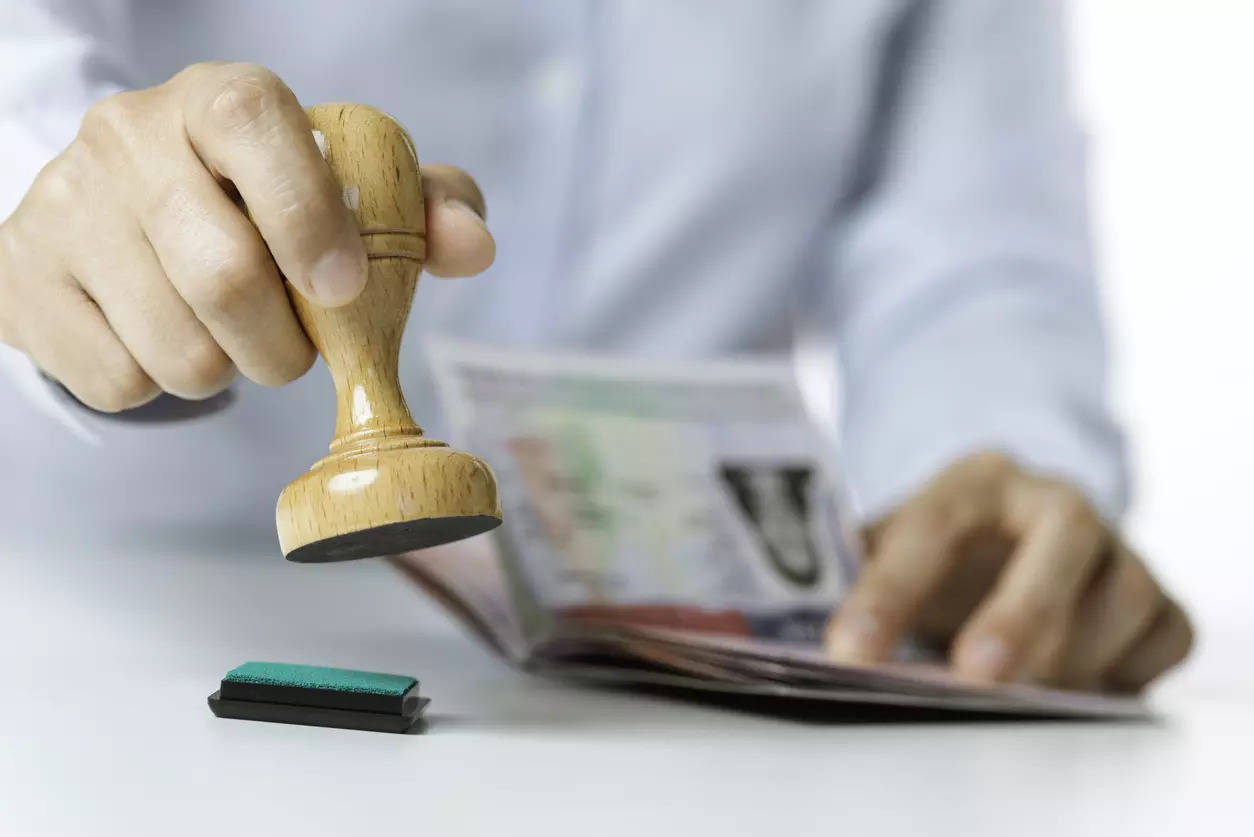
[ad_1]

The Royal Thai Embassy in New Delhi has officially announced the rollout of Thailand’s Electronic Visa (e-Visa) system in India, effective January 1, 2025. The system, aimed at streamlining the visa application process, will also include an offline payment option, offering added convenience to applicants.
In its announcement, the Embassy highlighted that the e-Visa system would cater to non-Thai nationals applying for all types of visas. Applicants are required to submit their visa applications exclusively via the official website, thaievisa.go.th.
“Each application can be applied by the applicants themselves, or by other representatives,” the Embassy clarified. However, it warned that it “shall not bear responsibility if any application submitted by a representative is incomplete.” Applicants can find a detailed guide on the application process on the same website.
To complete their applications, visa-seekers must pay the required visa fees, the details of which will be provided by the Embassy and respective Consulate-Generals. The Embassy underlined that “visa fees are non-refundable under all circumstances.” Additionally, the processing time for e-Visas is expected to take approximately 14 working days from the issuance of the visa receipt.
The Embassy also provided a timeline for transitioning from the current visa application system to the e-Visa platform. For ordinary passport applications, submissions to designated visa processing companies will be accepted until December 16, 2024. For diplomatic and official passport applications, submissions will be accepted at the Embassy or Consulate-Generals until December 24, 2024.
For Indian travellers holding ordinary passports, the Embassy reassured that the existing 60-day visa exemption for tourism and short business trips would “remain effective until further announcement.”
Further details regarding the e-Visa system and its operations across the Embassy and Consulate-Generals will be announced in due course.
India and Thailand, as neighbouring nations in the extended region, share a maritime boundary in the Andaman Sea and a relationship steeped in history. Their ties are strengthened by centuries of social and cultural exchanges, with deep people-to-people connections.
The shared Buddhist heritage is evident in the frequent pilgrimages made by Thai nationals to India’s Buddhist sites, while Hindu influences are reflected in Thai art, architecture, dance, drama, and literature. The Thai language also incorporates elements of Pali and Sanskrit. Additionally, the significant Indian diaspora living and working in Thailand serves as a vital link between the two nations.
[ad_2]
Source link





![NZ v AUS [W] 2024/25, New Zealand Women vs Australia Women 2nd ODI, Wellington Match Report, December 21, 2024 NZ v AUS [W] 2024/25, New Zealand Women vs Australia Women 2nd ODI, Wellington Match Report, December 21, 2024](https://i3.wp.com/img1.hscicdn.com/image/upload/f_auto/lsci/db/PICTURES/CMS/393400/393416.6.jpg?w=1200&resize=1200,0&ssl=1)




